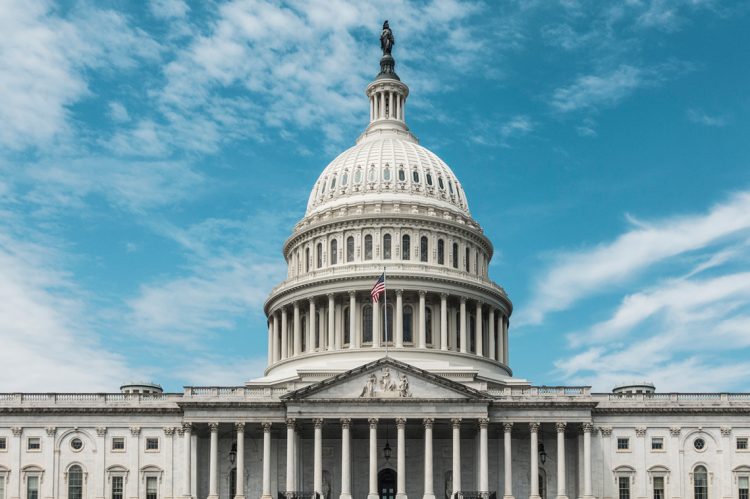Not yet law but now much closer to receiving President Biden’s signature, the Democratic “Inflation Reduction Act” survived a careful balancing act between centrists and progressive members of the caucus, along with virulent opposition from Republicans and is likely headed for a vote in the House this week.
Focused mostly on health care and climate issues, the section of the bill that saw the most pushback from the real estate industry was on the tax side—a proposal to limit the so-called carried interest tax loophole.
The National Association of REALTORS® (NAR), the National Association of Home Builders (NAHB), the Mortgage Bankers Association (MBA) and other industry trade groups vehemently lobbied against this change, with centrist Arizona Democrat Krysten Sinema eventually negotiating the removal of that language from the bill.
The carried interest tax loophole allows certain income to be taxed at a significantly lower rate if an investment is held for a certain time period. The original bill would have extended that time period from three to five years.
In a statement provided to RISMedia following the passage of the bill, an NAR spokesperson referenced Build Back Better, a much larger piece of legislation that included much of what is in the current bill (which was called “Build Back Smaller” by some pundits).
The spokesperson claimed that “multiple tax changes” first floated last year would have “decimated the real estate economy” and stymied housing growth.
“We educated lawmakers for more than a year on these provisions, which helped to create a bipartisan consensus that resulted in their exclusion from the final bill,” the spokesperson said.
A letter signed by NAR, NAHAB, MBA and a dozen other real estate trade organizations and released ahead of the debate on the Inflated Reduction Act made similar claims, saying the tax changes would “slow housing production, discourage the capital needed to reimagine buildings to meet post-pandemic business needs, hamper job creation and create an additional unknown in an already confusing economic environment.”
While carried interest is most beneficial to extremely wealthy private equity fund managers, real estate advocates argued that the specific and complex nature of housing investments and transactions will get caught up in the changes, allegedly extending that holding period even longer and causing investors to pay a higher tax rate.
“Many real estate funds construct or rehabilitate housing and sell it within two years so they can finance the next housing project. Extending the 3-year holding period will slow down their housing development as funds hold on to the property for another year, or it likely will drive up rents on the property to recuperate the additional tax liability,” they wrote.
Replacing the carried interest changes was a 1% tax on stock buybacks—something that large public companies (including many real estate giants) have been using more frequently to boost investor profits and stock prices.
Though that tax proposal is seemingly off the table for now, other provisions that will affect housing remained mostly unchanged. Those changes mostly focused on subsidies for cleaner energy in buildings, including money for homeowners to upgrade everything from appliances to insulation. It also incentivizes state governments to update building codes to require more sustainable construction.
NAR was cautiously positive about these requirements in a statement released shortly after the bill was announced.
“The energy savings provisions would also help increase resiliency to extreme weather events in coastal communities and would make rural communities more resilient by incentivizing farmers and forestland owners to grow climate solutions and ensure rural communities are able to better adapt to a rapidly changing climate,” wrote NAR senior policy representative Evan Liddiard.
The NAR spokesperson did not address these provisions when commenting following the Senate passage of the revised language.
NAHB, on the other hand, excoriated the legislation, with chair Jerry Konter specifically calling out the potential changes to building codes and energy requirements which .
“Rather than chasing this flawed bill down their rabbit hole, Senate Democrats need to rework this legislation by eliminating onerous provisions that would make homeownership and renting even more expensive for America’s hardworking families and adding resources to expand the supply of badly needed affordable housing,” Konter said in a statement.
Konter also disputed whether the bill would have any significant effect on inflation (something many lawmakers have also questioned).
Democrat House Speaker Nancy Pelosi has said she hopes to vote on the bill by the end of the week.
 Jesse Williams is RISMedia’s senior editor. Email him your real estate news to jwilliams@rismedia.com.
Jesse Williams is RISMedia’s senior editor. Email him your real estate news to jwilliams@rismedia.com.












